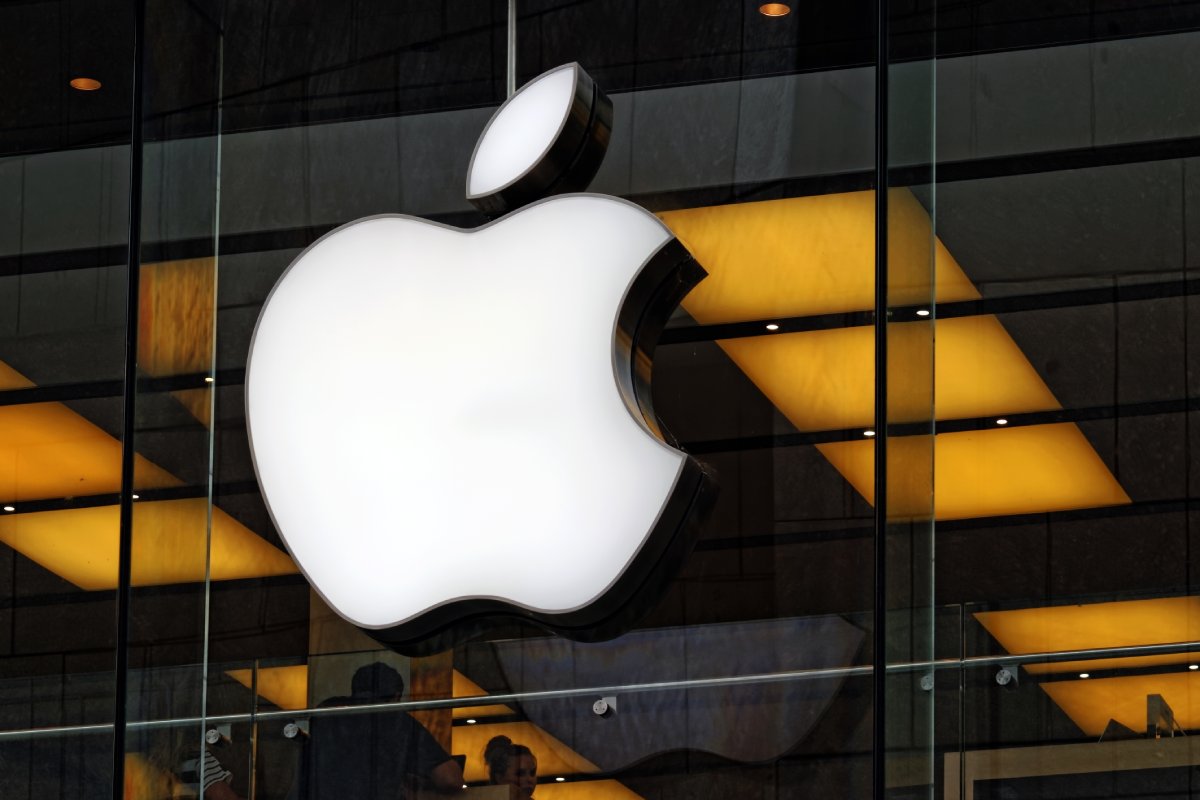The European Union has imposed a €1.84 billion ($2 billion) fine on Apple for practices that unfairly favored its music streaming service over competitors like Spotify. This pivotal action signifies a major step in the EU’s efforts to promote fair competition and protect consumer choice within the digital marketplace.
Anti-Competitive Actions
In a bold move that will be felt across the digital landscape, the European Union has fined tech titan Apple a hefty €1.84 billion (equivalent to about $2 billion). This monumental decision follows findings that Apple indulged in anti-competitive practices, primarily to bolster its own music streaming service, Apple Music, at the expense of rivals like Spotify.
The core of the issue was Apple’s restrictive approach, which limited alternative subscription payment options outside of its iPhone apps. This tactic clearly did not sit well with European regulators.
Setting a Precedent
This fine is particularly noteworthy as it marks Apple’s first infraction under EU rules, setting a precedent with a significant base penalty of €40 million paired with an additional deterrent sum of €1.8 billion. Such figures underscore the EU’s stern stance against any illegal maneuvers by market dominators.
Margrethe Vestager, the Commissioner of European Competition, claimed that Apple’s practices not only stifled competition but also directly impacted consumers.
Limiting Consumer Choice
By concealing essential payment information, Apple effectively ushered users towards higher-priced music streaming subscriptions, thanks to its hefty 30% commission on in-app purchases. This strategy severely limited both consumer choice and transparency.
Vestager said in a statement, “Millions of European music streaming users were left in the dark about all available options, and Apple’s anti-steering rules also made consumers pay more for such services because of the high commission fee imposed on developers and passed on to consumers.”
Qaudroupling the Cost
Surprising many, the fine far exceeded initial expectations, nearly quadrupling the figures predicted by industry analysts. The high price reflects the European Commission’s determination to send a resounding message against the monopolistic tendencies of tech giants.
Apple’s restrictive policies, which spanned almost a decade, were criticized for barring music streaming apps from guiding users towards more economical subscription options available through their own websites. Given their significant impact on millions of European consumers, the EU declared such practices illegal.
Apple Will Appeal
Reacting to the EU’s punitive measures, Apple has signaled its intention to appeal, contesting the Commission’s allegations. Apple argues that the Commission has not proved claims of consumer harm and has misconstrued the market’s competitive dynamics.
Apple further contends that the decision disproportionately favors Spotify, which has been actively engaged with the EU Commission throughout the investigative process.
The Biggest Beneficiary
Apple’s statement on Spotify’s role in the investigation said, “The primary advocate for this decision — and the biggest beneficiary — is Spotify, a company based in Stockholm, Sweden. Spotify has the largest music streaming app in the world, and has met with the European Commission more than 65 times during this investigation.”
The EU’s stern action has been met with applause from Spotify and other critics of Apple’s App Store policies, who view the fine as a pivotal message against monopolistic dominance.
While the fine addresses their immediate grievances, Apple’s critics believe it barely scratches the surface of Apple’s broader anti-competitive behaviors across various markets. Spotify even released a statement saying, “we are pleased that this case delivers some justice, it does not solve Apple’s bad behaviour towards developers beyond music streaming in other markets around the world.”
The DMA
The timing of the fine is also significant, coinciding with the EU’s rollout of the Digital Markets Act (DMA), a comprehensive regulatory framework aimed at curbing tech behemoths’ monopolistic practices.
Apple’s hefty fine is part of a broader initiative by the EU to regulate Big Tech, ensuring a more competitive and open digital market across Europe. Apple, however, remains steadfast in its defense, challenging the EU’s perspective on market competition and consumer impact. The tech giant is prepared to contest the fine, maintaining that its App Store practices have, in fact, contributed to Spotify’s success in the digital music market.
Ongoing Tension
Initiated by a complaint from Spotify, the case against Apple highlights the ongoing tension between app developers and the Cupertino-based giant over App Store rules, including the contentious fees charged for in-app purchases and the prohibitions on directing users to alternative payment methods.
This fine may very well be a watershed moment in the ongoing discourse around tech giants’ influence in digital markets. It could potentially set a precedent for how regulatory bodies globally address and mitigate anti-competitive practices within the tech industry.
The Future of Tech Regulation
With the implementation of the DMA and Apple’s commitment to adjusting its practices in response, we are on the cusp of significant transformations within digital markets and the operational latitude of tech giants, underscoring the EU’s influential role in shaping the future of tech regulation.
The post EU Fines Apple Record €1.84 Billion for Anti-Competitive Practices first appeared on Swift Feed.
Featured Image Credit: Shutterstock / Pres Panayotov.

